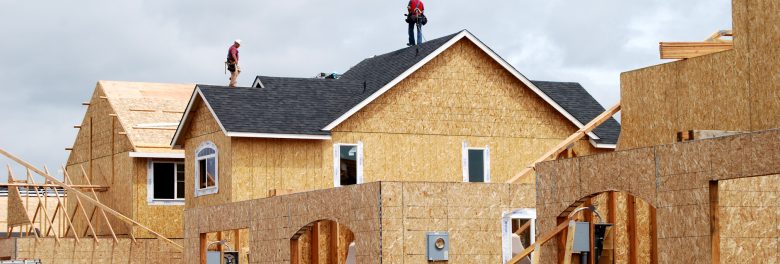
RICS is releasing a second version of their “Whole-life carbon assessment guidance”. This guidance aims to improve clarity and provide greater detail on the process of conducting carbon assessments.
This guidance provides more detail on assumptions used in the absence of real data, which will allow for LCAs conducted early in the design stage to be more accurate. This should create greater consistency between all LCAs by improving the comparability of the outputs. This guidance encourages early collaboration with design teams as it considers a wider breadth of topics covered. Additionally, the guidance strives to be more integrated into the principles of a circular economy, encouraging more LCAs to be conducted on retrofits and refurbishments.
The guidance introduces three new optional modules:
- Module A0: considers the impact of pre-construction studies and surveys;
- Module B8: considers user activities such as transport of persons to and from the building and good associated with activities relating to the building’s intended use; and
- Module D2: considers the impact of exported energy generated by the site
As the new modules are ‘optional’, this may create ambiguity on what the scope of the LCA contains. It may potentially reduce comparability, as some LCAs will include these modules where others will not. Additionally, the guidance provided on Module B8 is minimal, with no assumptions stated nor methodology to calculate these emissions given. This may be difficult to include at early design stage, as the intended use of the building may not yet be clearly defined.
On the whole, the guidance improves accuracy and aims to create a stronger international standard for improving carbon assessments. The consultation period ended on 19th April, 2023. Timelines for the release of the final guidance are still unknown and it remains unclear how this updated guidance will impact the GLA Guidance or carbon designers such as One Click.
Posted on April 27th, 2023
Author: Leah Bisson
Related services: Sustainability Statements, Whole Life Cycle Carbon Assessments, Planning Policy & Zero Carbon, Circular Economy Statements, Zero Carbon Buildings,